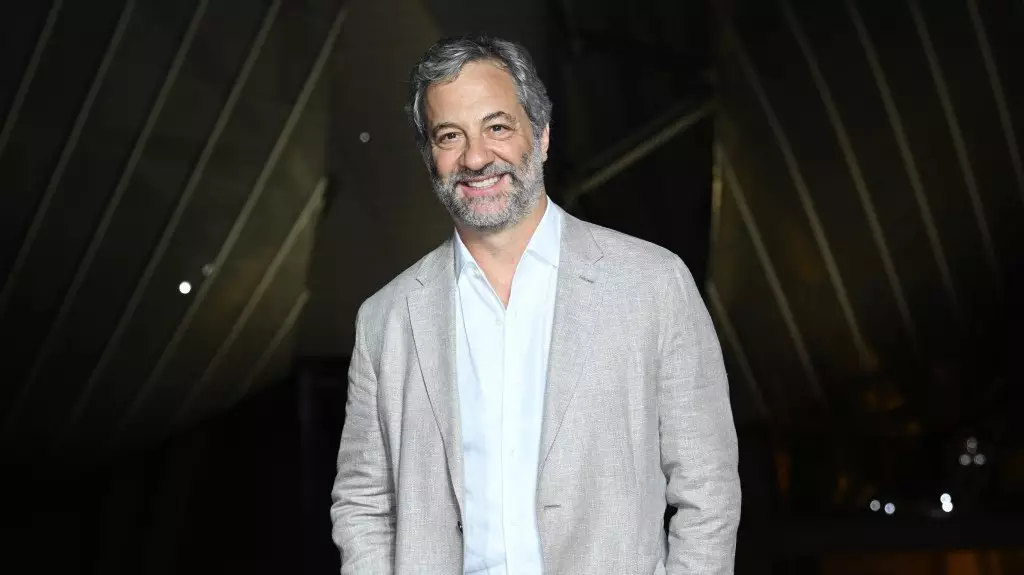The contemporary entertainment industry faces a fundamental transformation that seems to prioritize sensationalism over substance. Prominent figures like Judd Apatow have raised alarms about this trend, suggesting that today’s Hollywood has embedded itself in a model that favors hyper-dramatic narratives. Apatow presented an intriguing analogy on the Superfly podcast, likening the film and television industry to the newspaper adage, “If it bleeds, it leads.” This point illustrates how a relentless quest for audience engagement has turned storytelling into a contest of intensity, resulting in a proliferation of high-stakes plots.
Historically, Hollywood has oscillated between diverse narrative structures, from enchanting romances to reflective dramas. However, as Apatow suggested, there is a conspicuous absence of grounded stories today. Streaming services seem to favor formulas that hail renowned actors or delve into macabre subjects like serial killers, leaving little room for more nuanced explorations of the human experience. This trend not only curbs creativity but also reinforces a cycle where only the most sensationalized content gains visibility.
Apatow’s commentary extends into a critical evaluation of how algorithms dictate content creation. He specifically highlighted the idea of “completion rates,” where studios become fixated on metrics that measure viewer retention rather than artistic merit. In this climate, productions are increasingly designed to captivate audiences through sheer intensity, sacrificing subtler forms of storytelling. Such an environment cultivates an inherent fear among creators: the worry that quieter, thoughtful narratives may lose viewers’ interest and be deemed unmarketable.
In this context, it’s vital to consider the implications for character development and thematic depth. The relentless push towards all-consuming narratives may deter writers from exploring complex emotions or societal issues that warrant attention and discourse. Rather than fostering an environment where different styles can coexist, the industry risks homogenizing content to fit a singular mold of what’s deemed commercially viable.
The impact of these trends is also palpable on platforms like TikTok, where content creators often aim to elongate engagement time through clickbait techniques. Comedian David Spade’s observation on the entertainment industry’s resemblance to social media underscores how audience engagement metrics have infiltrated traditional storytelling landscapes. In a race for views, creators are incentivized to craft narratives that prioritize superficial allure over substantive engagement, echoing Apatow’s concerns regarding the tyranny of the algorithm.
Apatow’s recent endeavors in organizing hurricane relief events serve as a reminder that beyond entertainment, the industry has a role in positively impacting society. Known for producing acclaimed films that combine humor with deeply human stories, he now stands as an advocate for a more meaningful approach to entertainment.
As the boundaries of creativity continue to shrink under the pressures of analytics and audience retention, it remains uncertain what the future holds for the film and television industry. If creators and studios are willing to confront these challenges, there is hope for a resurgence of innovative storytelling that values depth and complexity over fleeting trends. The conversation initiated by voices like Judd Apatow is crucial as it strives to empower artists to reclaim the narrative landscape — a space where all stories, not just the extreme, can flourish.


Leave a Reply